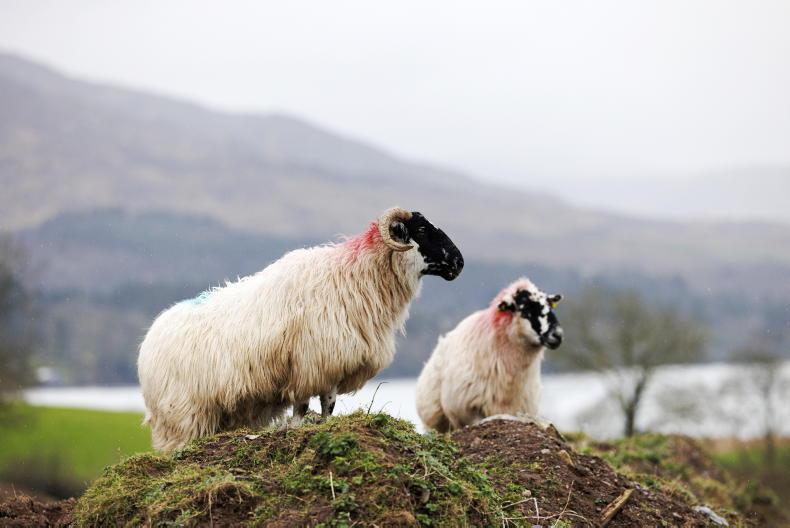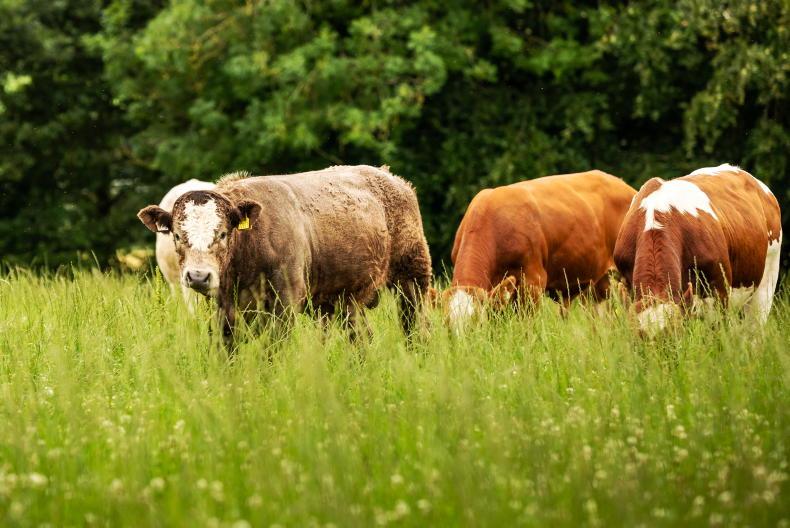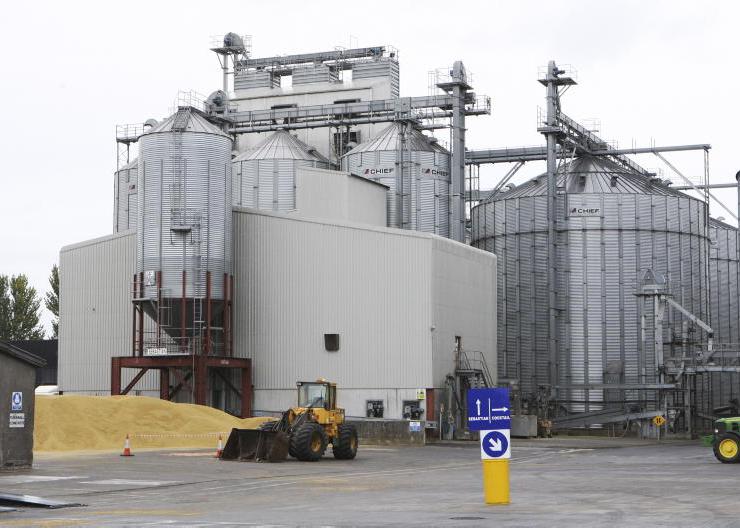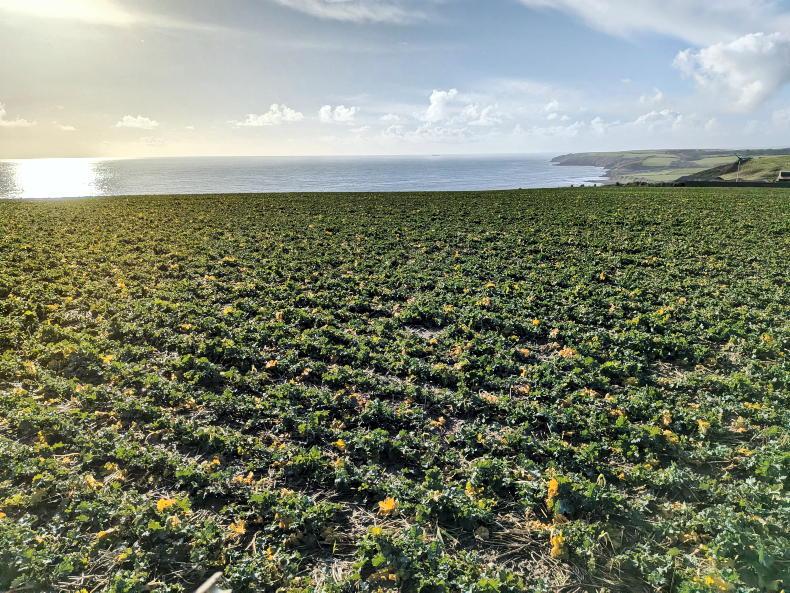Convergence and CRISS will push more cereal growers into “armchair farming”, the Irish Grain Growers (IGG) group has claimed.
With Ireland’s CAP strategic plan expected to go for Cabinet approval next week, the IGG has pointed out that the vast majority of tillage farmers rely on direct payments “for the bulk of their income”.
It described the potential impact of both convergence and CRISS as “the biggest threat to the future of the full-time active tillage farmer”.
Farmers will leave full-time farming
“Farmers would potentially be financially better off leasing their land. This will happen further with convergence.
“Farmers will leave full-time farming, pushing more farmers into ‘armchair farming’ or part-time farming. The tillage sector will be worst hit by this,” IGG maintained.
The IGG stated that an increase in Ireland’s tillage output would be good for the country’s GHG emissions
The group warned that the current proposals would continue a CAP trend of penalising the Irish tillage sector.
The IGG stated that an increase in Ireland’s tillage output would be good for the country’s GHG emissions, but that the area under crops remained in decline. “Our GHG emissions are extremely low (0.5t/ha Co2 eqv) and any increase in the tillage area will help meet the agriculture sector’s absolute emissions targets, yet we find ourselves under the potential constraints of a new CAP reform,” the IGG submission stated.
The IGG also expressed concern that there was no promotion of domestic feed in the suckler carbon efficiency programme or the dairy beef welfare scheme, or no specific tillage scheme under Pillar II.
Retirement scheme
In addition, the IGG submission called for a return of a retirement scheme, and said more clarity was required on the €66,000 BISS payment limit to take account of the “leasing in” of entitlements that then go straight back to the landowner.
Meanwhile, Macra na Feirme called for a “robust” definition of an active farmer, greater separation of eco-scheme payments from entitlements, and an increase in TAMS grants to 80% for young trained farmers.









SHARING OPTIONS